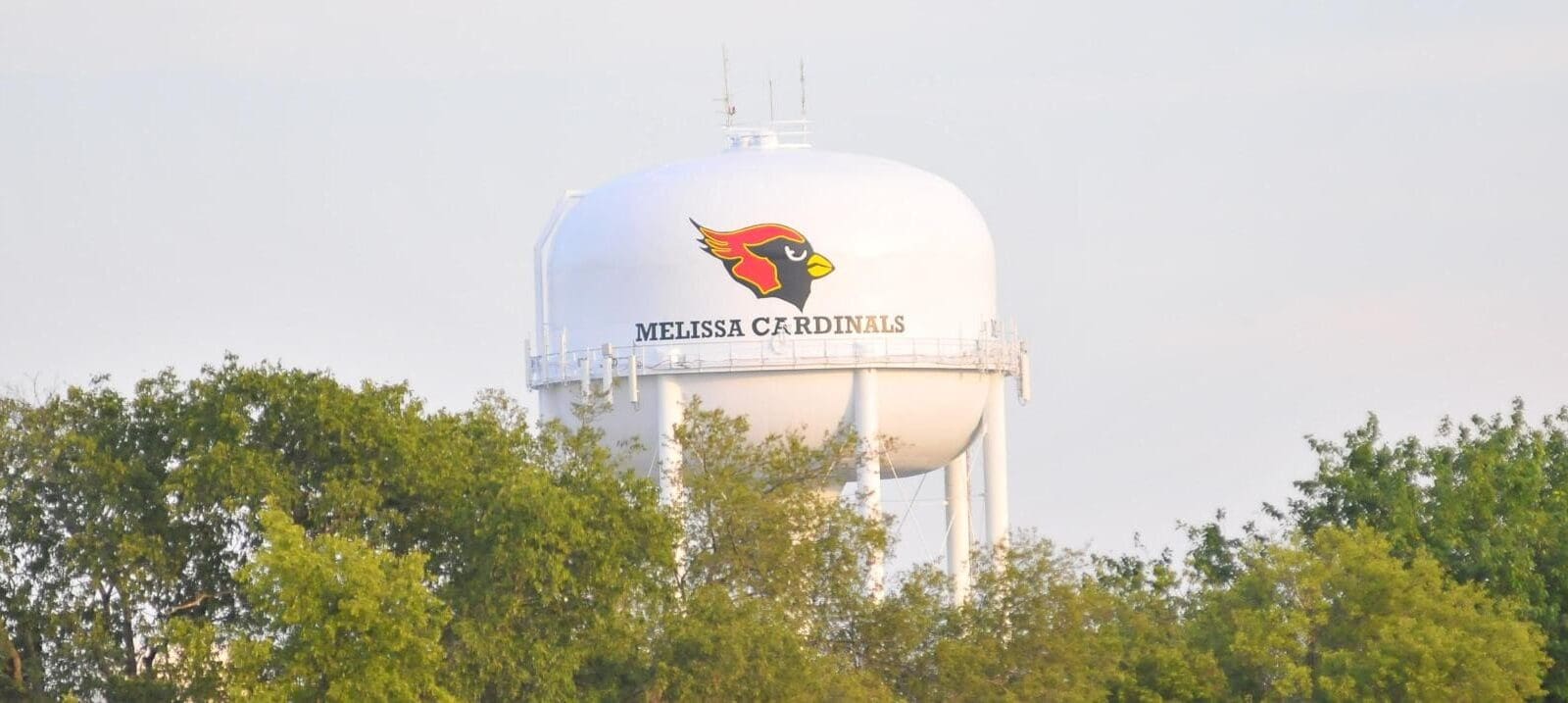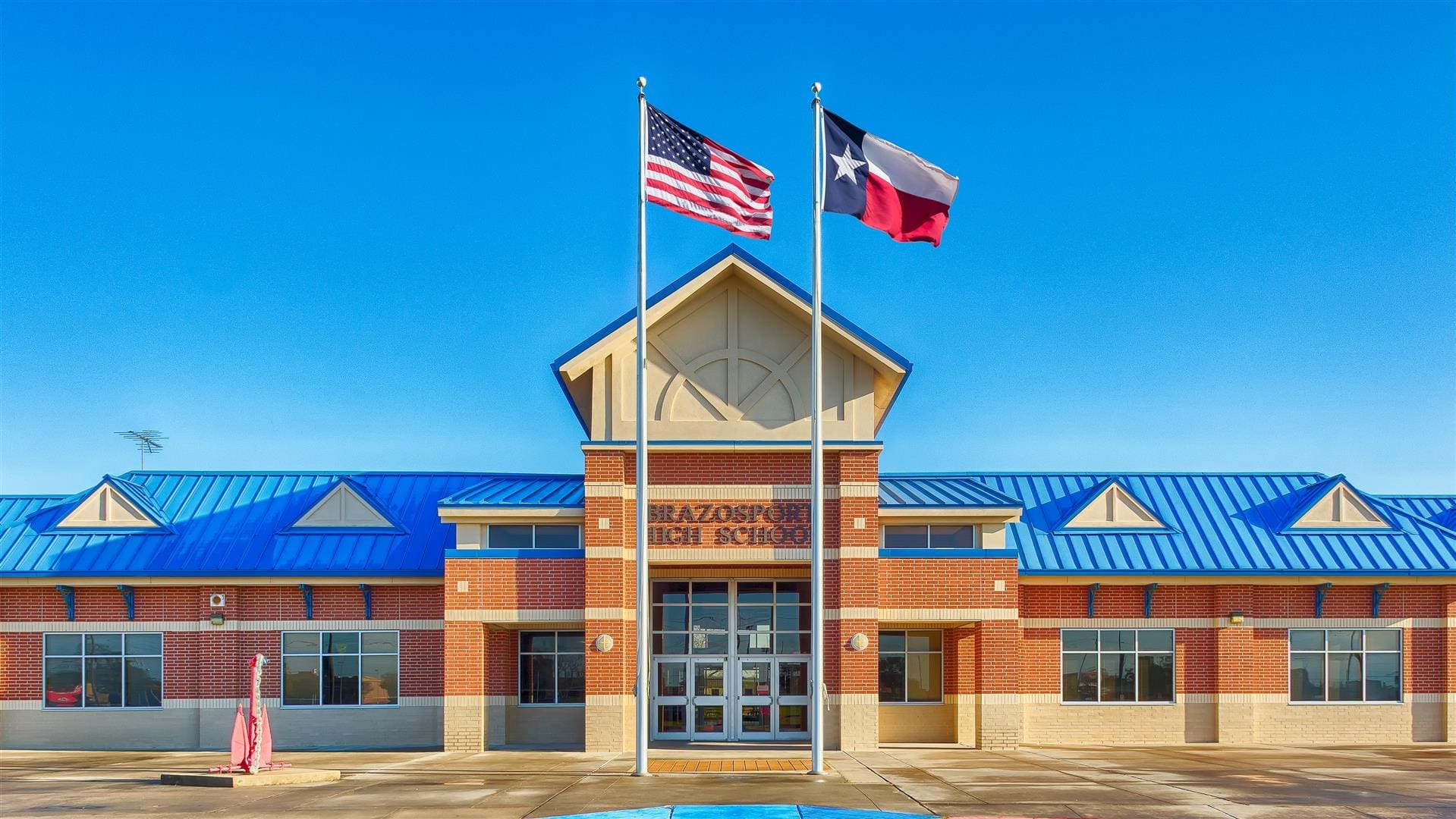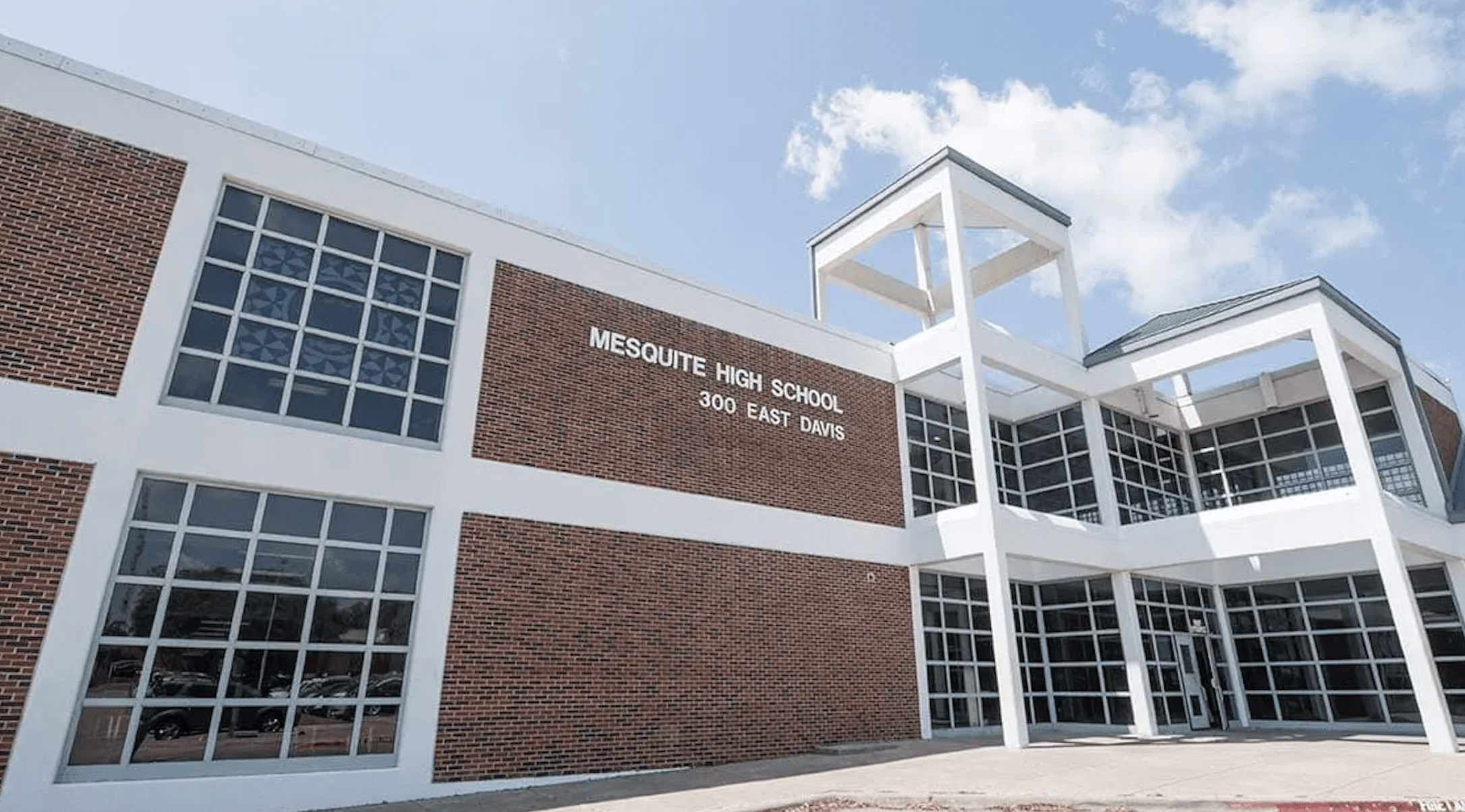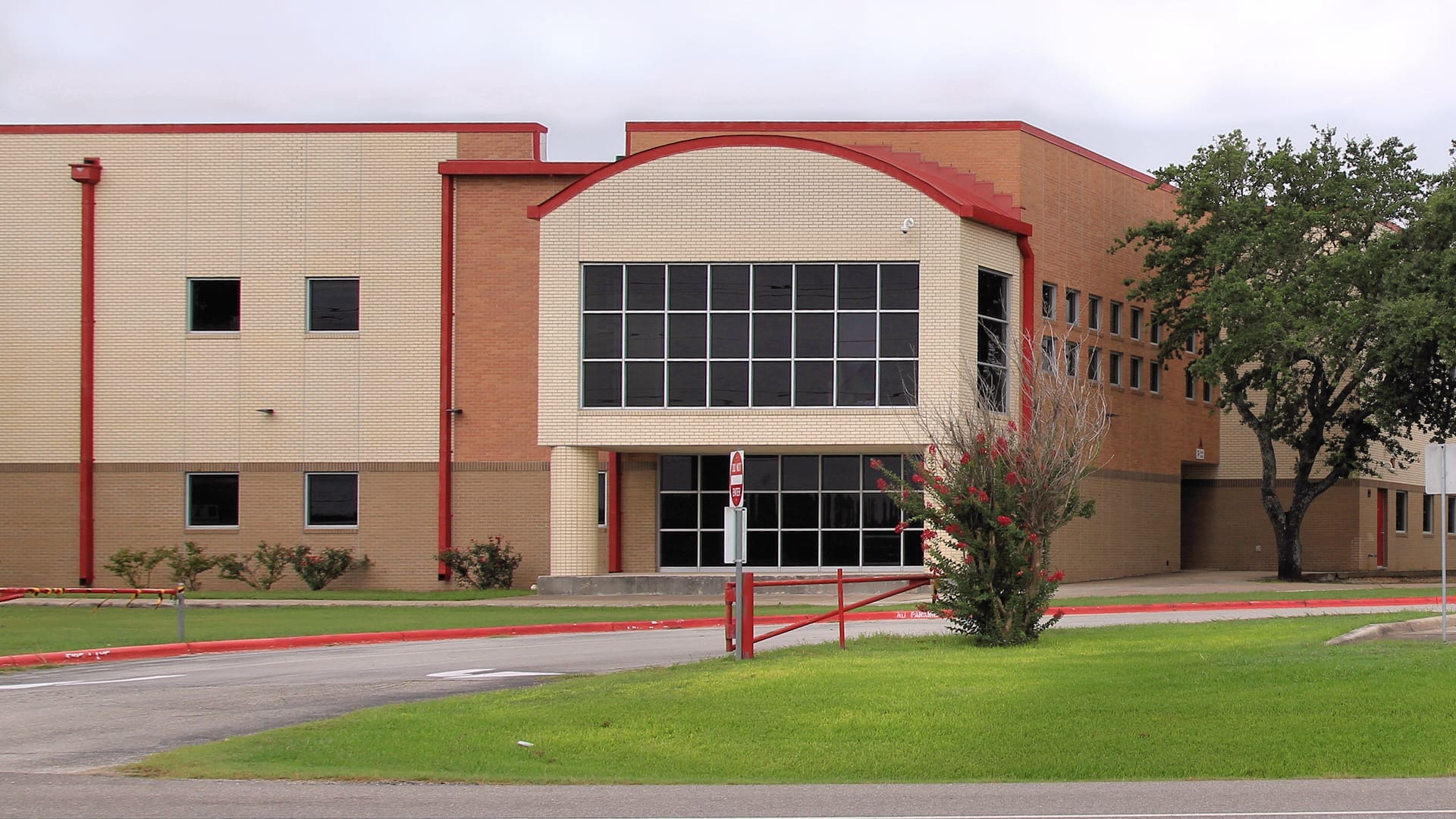AA battle over property taxes is brewing in Dallas’ largest suburb between newly elected conservatives and the mayor’s governing coalition. City staff and even some in the press are aiding the mayor’s team with misleading spin, which helps rationalize the irrational tax hike.
Newly elected Plano City Councilmen Rick Smith and Anthony Ricciardelli campaigned in 2016 on lowering city tax rates, and won. The duo is fulfilling that promise by pushing the city to adopt its “effective” tax rate in 2017, a rate 3.77 cents lower than the current rate of $0.4686 per $100 of property valuation.
A government’s “effective” tax rate is the rate low enough to fully offset rising appraisal values, allowing it to collect roughly the same revenue from properties it also taxed the previous year.
But Mayor Harry LaRosiliere and his allies, aided by staff, are strongly opposing the 3.77 rate reduction. The cultural mindset inside local governments is to routinely push for excessive government spending. After all, it’s easier to spend someone else’s money, especially when that money pays your own salary. The Texas Scorecard even uncovered how city staff mislead officials on the definition of the “effective” rate in a PowerPoint presentation to council, which was used by LaRosiliere to oppose the larger 3.77 rate cut.
Ignorance among media types and elected officials is also prevalent. The most glaring spin came from Plano’s budget director, Karen Rhodes-Whitley, who was quickly backed by LaRosiliere. Even worse, a Plano Star Courier reporter parroted Whitley’s comments as a statement of fact. The article read:
“Councilman Ricciardelli pledged to support the effective tax rate of 44.13 to help alleviate property tax burdens. However, every cent reduced to the tax rate is a loss of about $3.9 million in revenue. If the city were to adopt the effective tax rate, that would mean a loss of $10.5 million in revenue…” [Emphasis added]
The article wrongly suggested a lower tax rate will result in a “loss” or decrease in revenue. Such a claim is objectively false, and demonstrates a complete misunderstanding of the property tax system. In fact, the city’s own budget document disproves such a claim, thanks to a transparency mandate passed by state lawmakers in 2009.
Plano’s proposed budget included a 1-cent property tax rate reduction. But due to rising appraisal values – along with population growth and new economic development – it estimates the city would still increase its revenue by 11.35 percent, or $18,652,362 in total.
Of that $18.65 million in additional revenue, $11.97 million would come from properties it also taxed the previous year, while the other $6.68 million would be paid by new properties added to the tax rolls. Stated differently, the budget proposes a net tax increase of $11,966,319 on last year’s tax base.
In effect, the city’s staff and mayor are somehow suggesting that anything less than the $18.65 million revenue increase in the proposed budget is somehow a “loss!” Similar to Congress, Plano officials are calling a reduction in an increase, a “cut.”
If Plano adopted the “effective” rate – as Smith and Ricciardelli proposed – the city would not “lose” $10.5 million in revenue, as suggested. The city would still collect more in total property tax revenue than in the previous year, which would help pay for more police officers and service expansion.
As property values rise dramatically each year, local governments such as Plano who fail to lower tax rates enough are raising taxes. It raises the question: Why should residents pay more simply because their properties increase in value? This backwards logic is so prolific that Dallas Morning News’ watchdog Dave Lieber has referred to it as “the biggest scam in Texas.”
Plano should alternatively look for ways to control spending, by cutting non-essential pork out of the budget. The 2-cent property tax dedicated to corporate “incentives” would be a great place to start, as it’s projected to equal $7.7 million in tax revenue next year. So while officials force homeowners to pay higher city tax bills, the city is handing tax breaks to new corporations. That’s perhaps the biggest scam of all.
Predictably, the effort by conservatives to fight tax hikes was met by strong opposition from LaRosiliere’s big-spending coalition. It’s worth remembering that the mayor received a big chunk of his 2016 campaign funding from special interest developers, including many who reside outside of Plano. He appears to be representing their interests extremely well.




